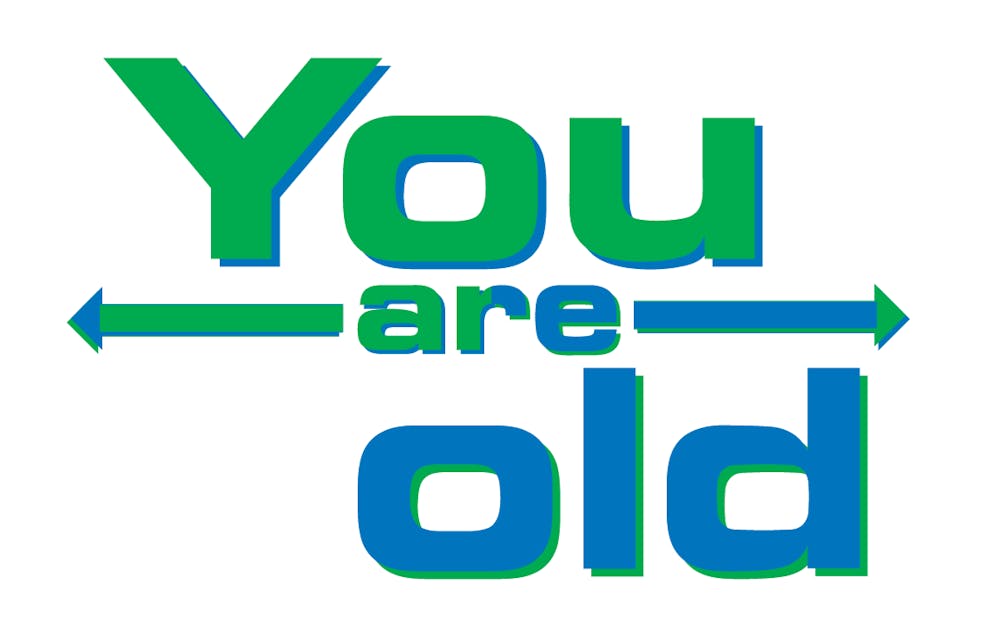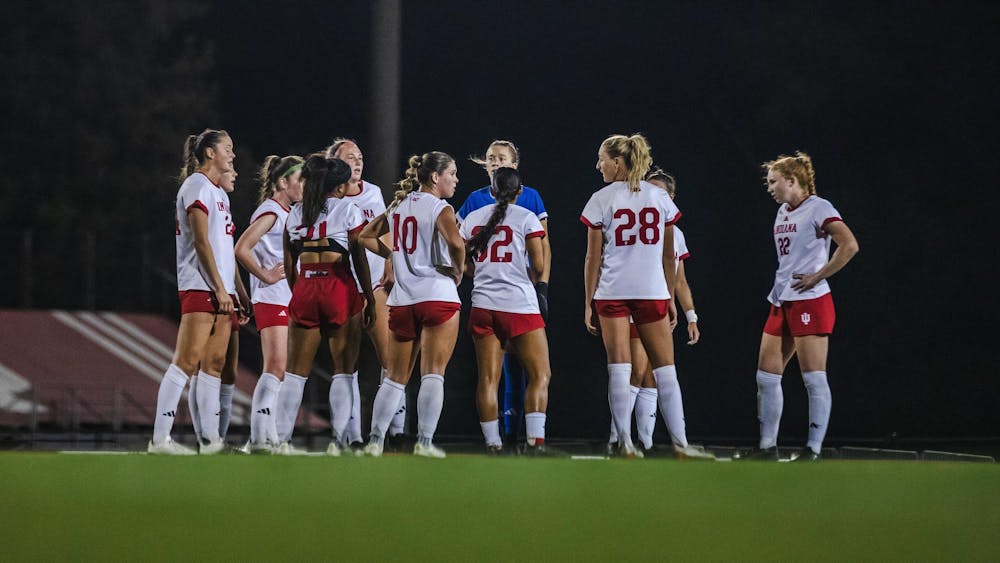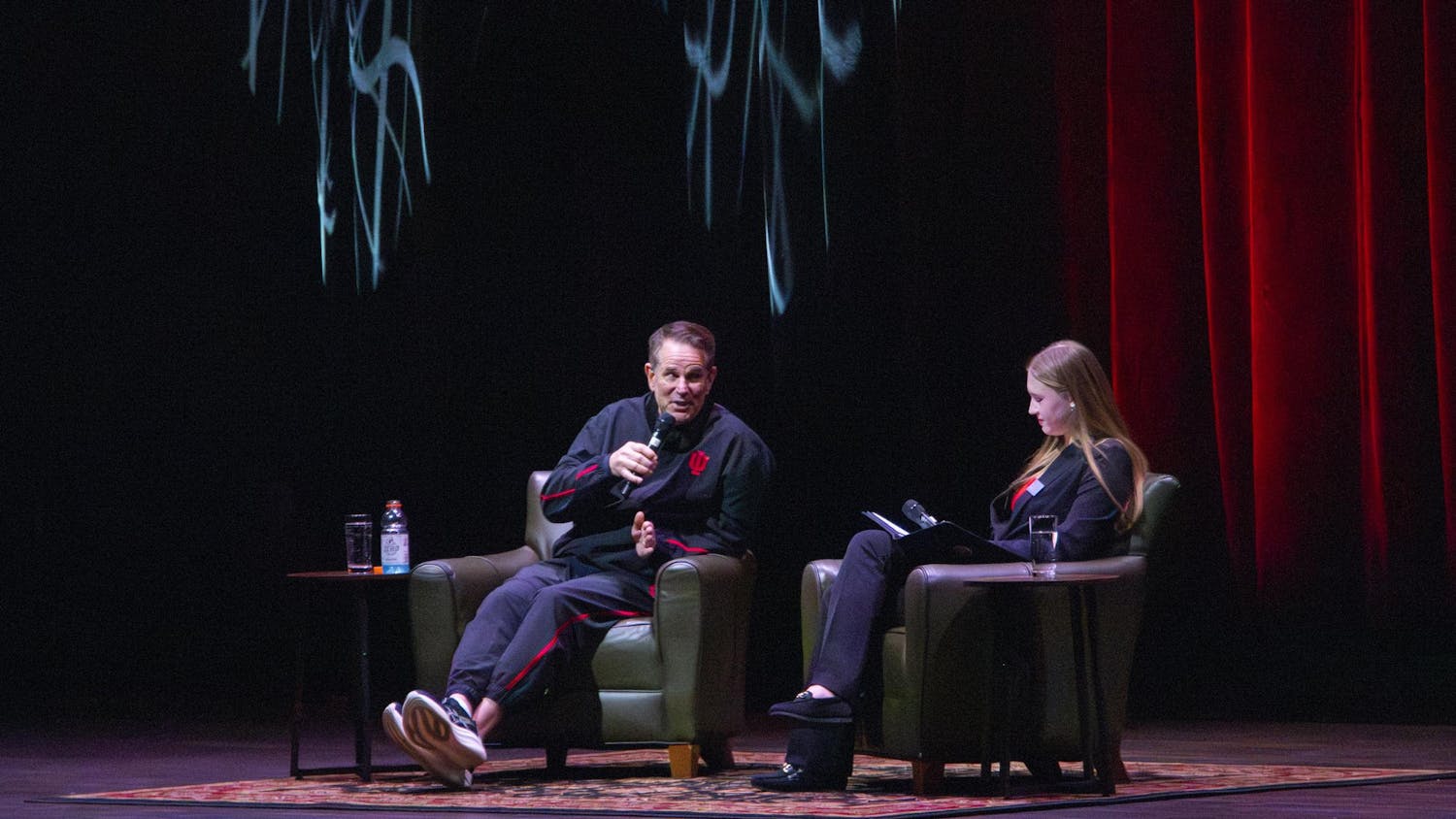I scrolled through streaming services searching for something to watch at my friends’ apartment a few weeks ago. Eventually, we stumbled upon Netflix’s “Retro TV” category. Of the featured, supposedly “retro” shows, I was shocked to see titles of series I watched during my own childhood.
Some titles made sense, like “Seinfeld”. But why were “Zoey 101” and “Ned’s Declassified School Survival Guide” in the retro category? How could they be “retro” if they were shows Gen Z grew up watching? Afterall, Gen Z’ers are basically still kids, right?
At only age 19 I found myself posing the self-reflective question, “Am I old?”
In technical terms, “retro” applies after something reaches 15-20 years of age. “Ned’s Declassified School Survival Guide” is creeping up on the 17-year anniversary since the release of its final episode in June of 2007. So, technically, as hard as it is to accept, the series would be retro.
“Fairly Odd Parents,” “H2O,” “Ben 10,” and "Drake and Josh” were all in the retro category, too. Nickelodeon was notorious for re-running episodes of retired series years after their debut, so maybe that’s to blame for the feeling it wasn’t quite so long ago.
My perplexity led me to the realization that the draw to retro TV is not just exclusive to tween-dramas and cartoons. Based on the technicalities, still relevant series like “Gossip Girl,” "Friends,” "Vampire Diaries,” "The Office" and “Gilmore Girls” are retro too. Series I watched for the first time this last year – "Arrested Development," "Sex and the City," “Desperate Housewives" – are all technically retro.
When so much new media is produced every day, what is the appeal of old TV that keeps us watching?
Retro TV is comfortable.
Its comfort comes from the power of nostalgia. It reminds us of the first time we watched the series or makes us reminisce about the time of our lives when a show was originally filmed. I wasn’t even alive when some of my favorite shows first aired, but watching them now as a young adult makes me feel as if I was there. I experienced the fashion, lifestyles and pop culture of the 90s and early 2000s twenty-some years later through my TV screen.
These retro shows also provide comfort in the way it's reliable. We may already know the ending, or have heard spoilers, but that doesn’t make the experience any less exciting or enjoyable. I have lost count of how many times I’ve rewatched the original seasons of "Arrested Development" (before Netflix took over and ruined it) but each time I watch an episode again, I am able to appreciate it differently or notice something I hadn’t before.
The circulation of television in the early 2000s was also just different prior to the Writers Guild of America strike in 2007 and 2008. Without writers for 100 days, cable TV became really bad. Networks were forced to resort to alternative content. It’s a consensus among Hollywood that reality-TV was the networks’ unscripted solution to WGA strikes.
That’s not to say TV didn’t get back on the right track after WGA got its well-deserved negotiations, but the cheap-to-produce reality TV drama never truly went away. It seems as if good cable TV is left drowning in a surplus of “The Bachelor” spin-offs and is both hard to find and difficult to keep in production. The Hulu original “Pen15” was one of the best series I have watched to come out in the last five years, and it was cancelled after two seasons.
I have such an appreciation for shows produced during my childhood — what is now considered “retro” TV. Something about the 25-episode seasons, passionate fanbases and lack of iPhones makes them so easy to enjoy. They offer simplicity.
That is not all to say retro TV will outshine the future of television by any means. There are so many talented writers, producers and actors working in the industry or waiting to be noticed. The WGA strike of 2023 ended Tuesday, Sept. 26, while Screen Actors Guild-American Federation of Television and Radio Artists actors are still on strike. The hope of it all is that the lure of the current TV market will soon catch a break and the well-written, thought-provoking emotional shows will rightfully stay in production.






